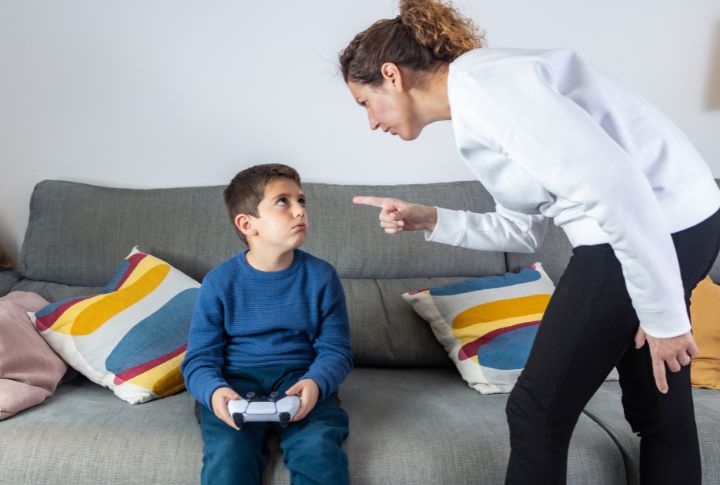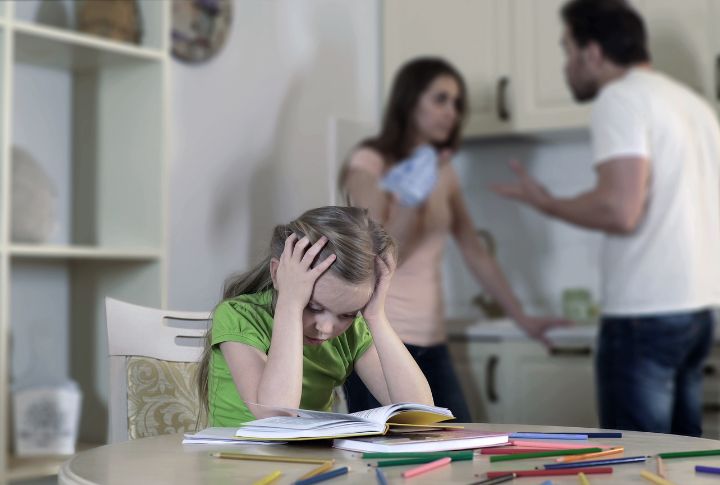
Parenting is one of the most challenging yet rewarding responsibilities. Every parent’s journey is unique and complex, and mistakes are bound to happen occasionally. Sometimes, certain behaviors or actions may indicate that they are not playing their role effectively. Identifying these signs helps parents reflect and seek support. In this article, we’ll highlight 15 signs of unsuccessful parenting.
Consistent Neglect

Neglecting a child’s needs, which could be not providing adequate food, clothing, shelter, or medical care, can have severe consequences. It can bring about physical and developmental issues, as well as emotional scars that stay for life.
Physical Abuse

Physical mistreatment involves any form of bodily harm inflicted on a child, including hitting, slapping, punching, or beating. All of these can cause both physical and emotional damage, and they can have long-term adverse effects on a child’s development.
Emotional Abuse

Emotional abuse is often less visible than the physical version but can be just as damaging. It involves constantly belittling, shaming, or humiliating a child, which can lead to severe emotional and psychological issues.
Lack of Boundaries

Establishing and enforcing boundaries is essential for teaching kids about limits and expectations. When parents fail to set or consistently implement boundaries, children may become confused about acceptable behavior.
Inconsistent Discipline

Consistency is non-negotiable when it comes to discipline. Parents who are overly harsh one day and overly permissive the next can confuse their children and undermine their authority. Children need clear, consistent rules and consequences to understand what is expected of them and to learn from their mistakes.
Overprotection

While parents naturally want to protect their kids, being overprotective can hinder their development. They need opportunities to explore the world, take risks, and learn from their experiences. Overprotective parents can impede their children’s independence and self-confidence.
Ignoring Emotional Needs

Children have emotional needs that are just as important as their physical ones. When parents don’t acknowledge or validate their children’s feelings, it can lead to emotional neglect.
Poor Communication

Effective communication plays a part in building strong relationships between parents and children. When parents fail to listen to their kids or dismiss their concerns without discussion, it can create barriers to communication.
Lack of Role Modeling

Parents are their children’s first and most influential role models. If parents fail to demonstrate positive behaviors or values, like respect, empathy, and responsibility, it can send mixed messages to their kids.
Failure to Encourage Independence

As children grow, they need opportunities to develop independence and self-sufficiency. Parents who fail to foster these skills may unintentionally hinder their children’s development.
Lack of Support

Children thrive when they feel supported by their parents. This includes support for their interests, talents, and academic pursuits. Without parental backing, children may feel unimportant or unloved.
Negative Influence

Children are highly influenced by the behavior of those around them, including their parents. Parents engaging in harmful behaviors, such as substance abuse or domestic violence, can have a profound impact on their children.
Unpredictable Parenting

It is essential for parents to communicate their discipline and rule-setting expectations to caregivers to ensure uniformity, avoid conflicting rules, and prevent confusion and insecurity in children.
Ignoring Education

Education is a critical factor in a child’s future success. A parent must prioritize their child’s education and ensure they attend school regularly, or it can have long-term consequences like limited opportunities in the future.
Blaming the Child

It’s important for parents to take responsibility for their actions and to avoid blaming their children for things beyond their control. Blaming their children for family issues or problems can damage the parent-child relationship and erode the child’s self-esteem.
